By Sam Robinson
Among all the “back to basics” tools we talk to people about at LKS Quaero, task assignment is the most immediately accessible, no matter where you work or what you do. From the highly influential (and recommended) Systems Leadership, Creating Positive Organisations (2nd edition now available, McDonald, Burke and Stewart, May 2018), the task assignment model is useful in many situations.
What can task assignment do for you?
A helpful set of touchpoints so that assigning a task works well and is productive: for someone assigning a task to someone else, it can be a checklist to think about the work from someone else’s perspective. If I were doing this task, what would I want to know? What do I know that they need to know? What don’t I know that I should find out? For someone receiving a task from someone else: what questions do I need to ask to make sure I’m on the right track? How can I confirm we both have the same understanding?
A way to develop a more constructive culture: in general, human beings prefer to work in organisations in which they know where they stand. We love certainty. Task assignment is a way to make sure that we at least have a conversation about what we know, what we don’t know, and how we can make it all work. If you give people the permission to ask questions and clarify understanding, you can start to develop a culture where it’s ok to question things, to use my own initiative, to seek out answers and – if it’s really humming – to insist on capable leadership.
Task assignment can also provide an insight into the current culture where you work. What happens when you assign a task to other people? Crickets? Or do you get questions and clarification about what you are asking?
The task assignment model includes the following elements:
- Context: what’s the background? What led to this work being needed now?
- Purpose: what is the outcome that is intended by doing this?
- Output (quantity and quality): how many? How good or to what standard?
- Resources: what is available to get this task done?
- Time: how long do I have to do it? (This is not the same as “ASAP”.)
Task assignment is an underrated part of the toolkit, but I recommend it to anyone interested in getting work done with your fellow humans.
At LKS Quaero, we help people and organisations to get work done positively and productively. For more information, visit us at lksquaero.com or follow us on LinkedIn, Facebook, and Twitter.










